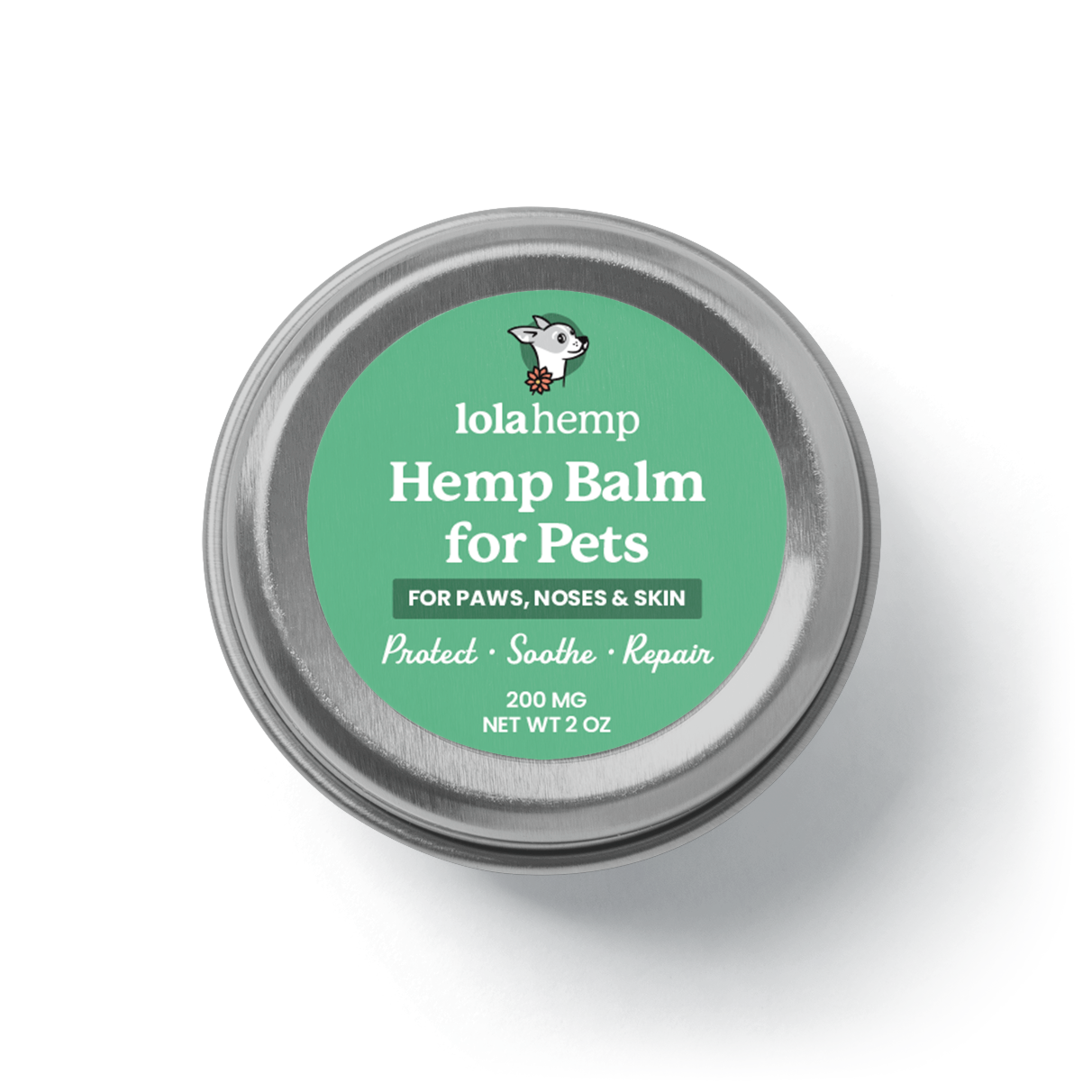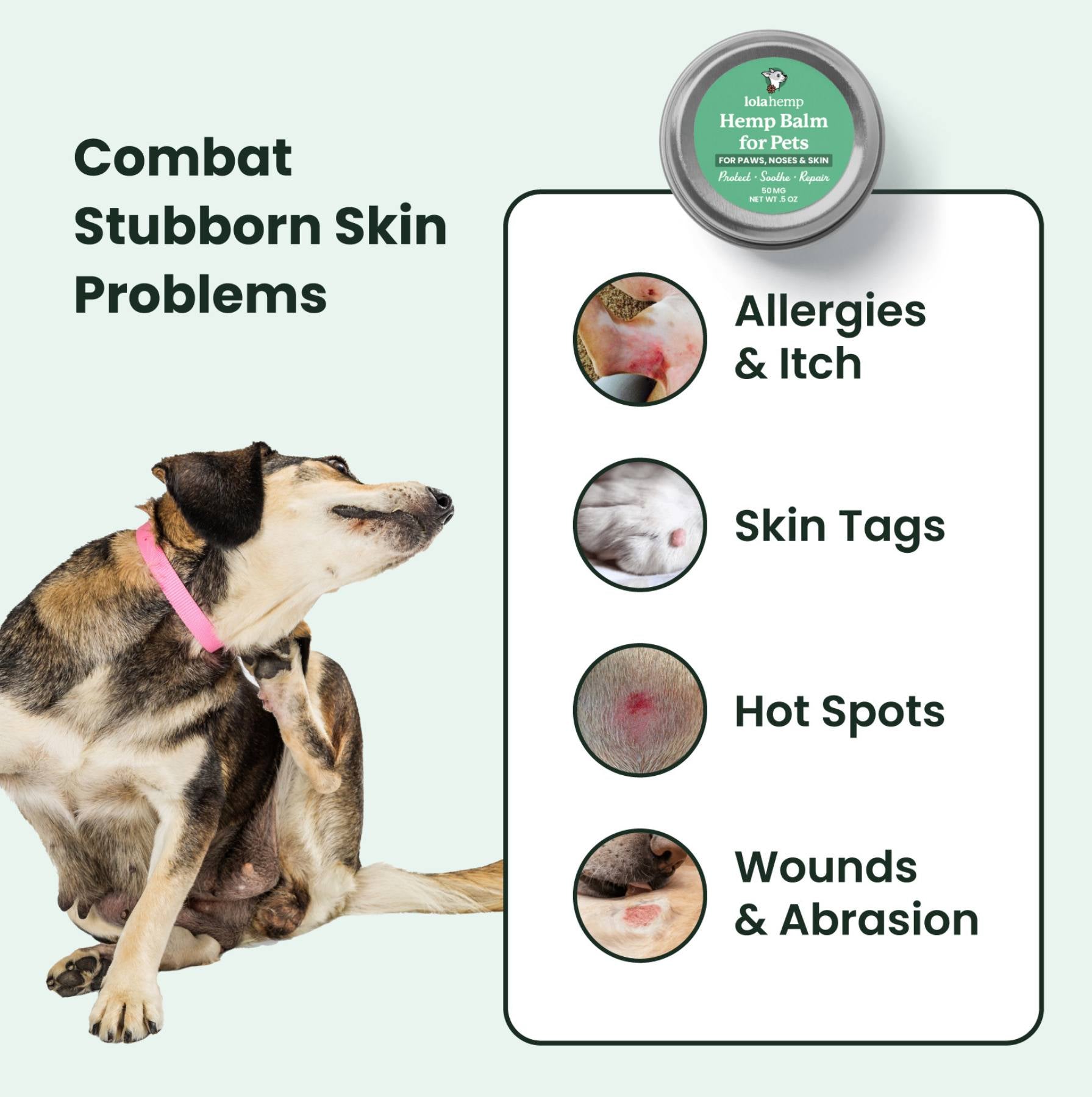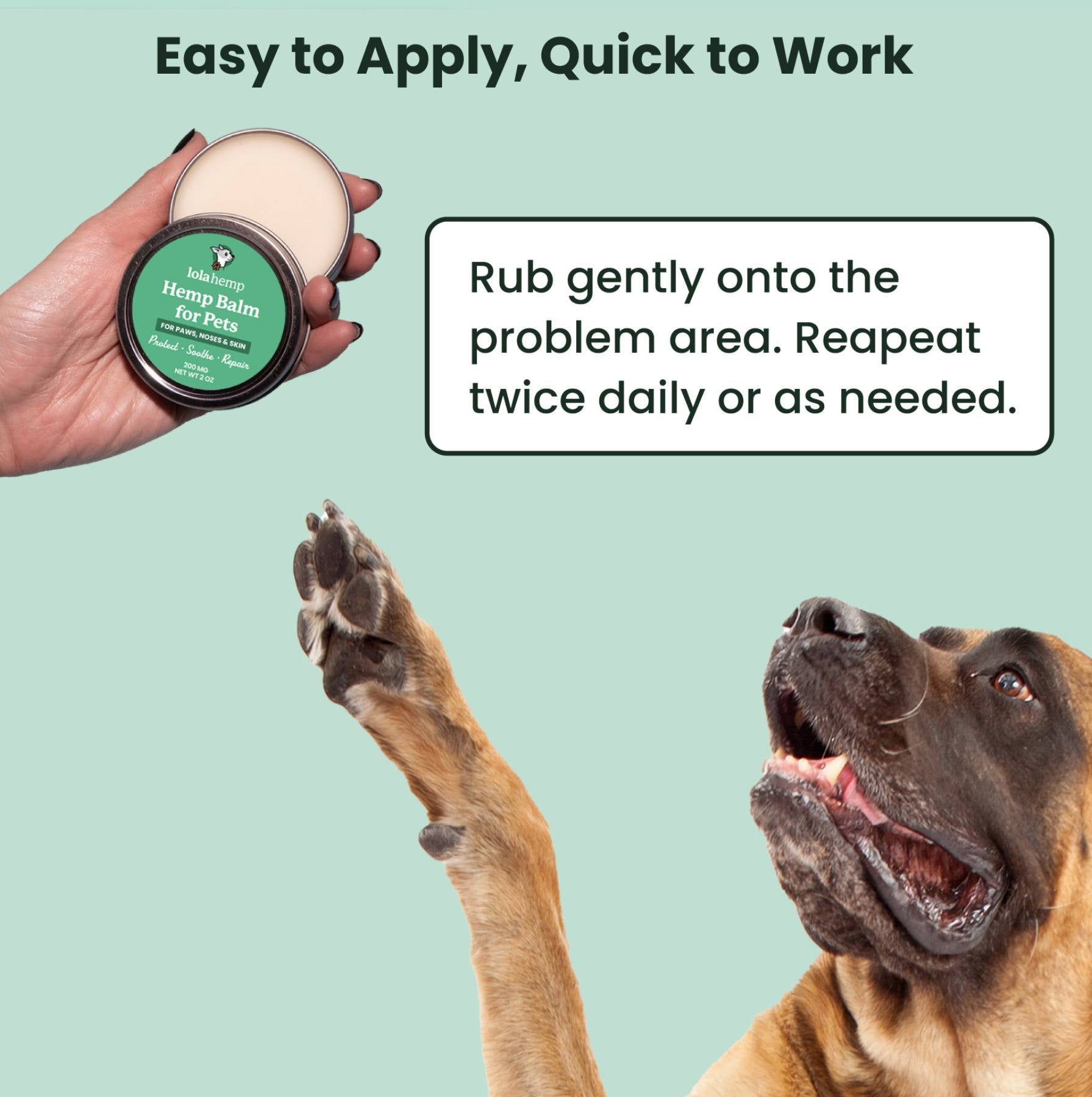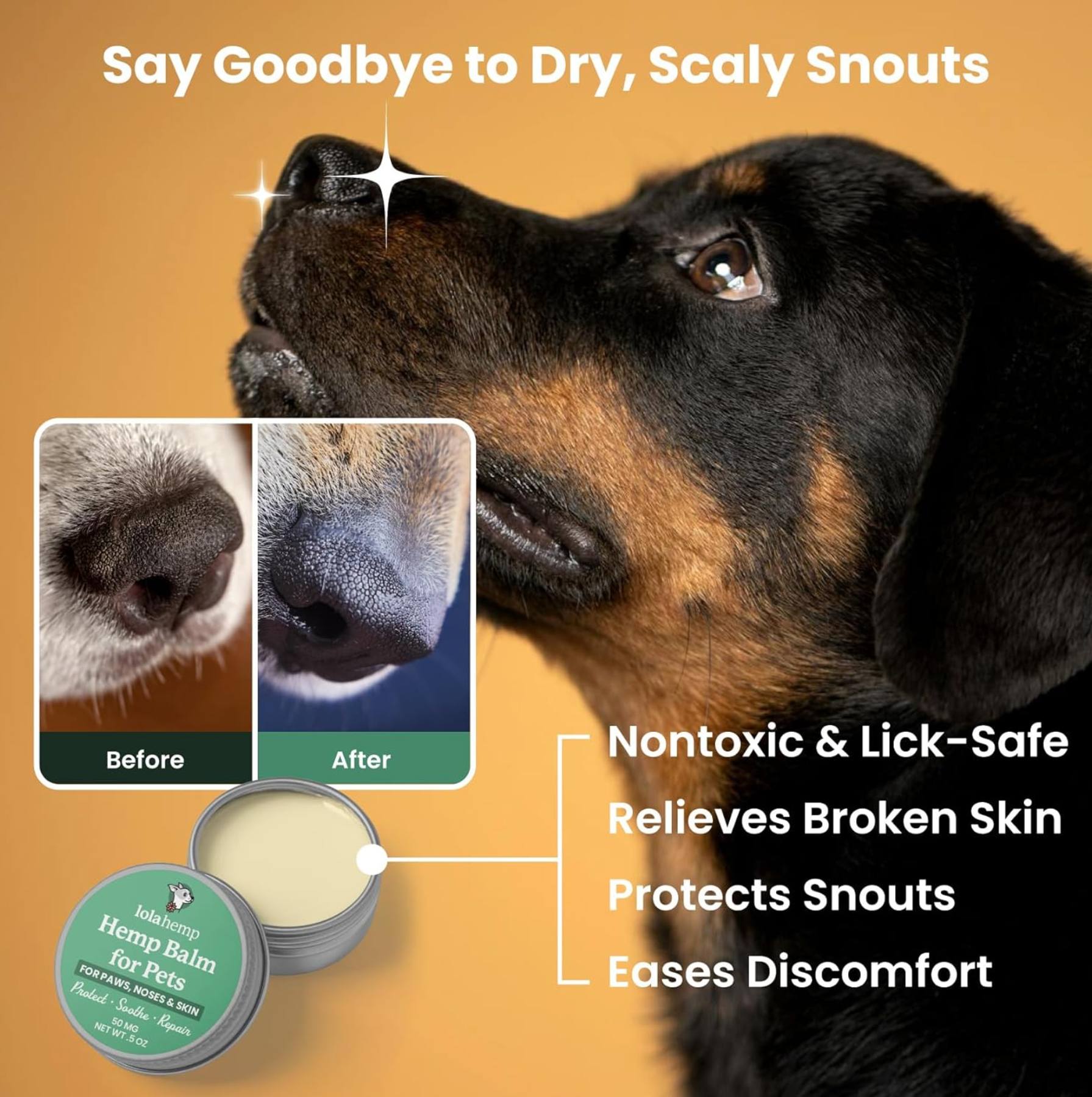If your dog experiences allergy symptoms like itching, you may have wondered if there's a Benadryl made just for dogs. It would be much easier to give your pet some of the Benadryl you already have than it would be to take a trip to the vet and get a prescription, wouldn't it?
Well, you're in luck. You can use Benadryl for dogs with allergic reactions, but there are a few safety considerations to make. Let's take a look.
- Things to Know about Giving Dogs Benadryl
- In General, is Benadryl Safe for Dogs?
- What are The Benefits of Benadryl for Dogs?
- When to Avoid Giving Your Dog Benadryl
- 1. Benadryl Can Interfere with A Dog's Ability to Reduce Seizure Convulsions
- 2. Benadryl Can Increase Ocular Pressure, Making it Risky for Dogs with Glaucoma
- 3. Benadryl can Reduce Bladder Control, Making it Risky for Dogs with Prostate Issues
- 4. Pyloroduodenal Obstruction Complications
- 5. Benadryl May Impact Metabolism in Dogs with Liver Disease
- Benadryl Dose for Dogs Chart
- Conclusion
- Frequently Asked Questions About Benadryl for Dogs
Things to Know about Giving Dogs Benadryl
Benadryl is the brand name of the generic antihistamine drug diphenhydramine. Diphenhydramine is the active ingredient in Benadryl, but many formulations contain additional ingredients or flavoring agents that could be harmful to dogs.
Here are a few things to know:
- Children's Benadryl tablets are the best option to use for your dog's allergies.
- Make sure to talk to your veterinarian to get the appropriate dose, especially if your dog is taking any other medications.
- Avoid liquid Benadryl with sodium.
- Avoid any sprays or alternative forms of this drug, especially ones that advertise added flavors.
- Do not use any creams or antihistamine formulations that contain additional ingredients such as xylitol or alcohol.
In General, is Benadryl Safe for Dogs?
In general, Benadryl is safe for most dogs when you use the recommended dosage. Determining the appropriate dosage of Benadryl for your dog is essential and should be done in consultation with a veterinarian.
The original Benadryl formula or children's Benadryl tablets are generally considered to be the most safe, but other formulations of Benadryl may not be safe for dogs. Benadryl should be used with caution.
Benadryl should not be used in patients with asthma attacks or in any patient with a known hypersensitivity to Benadryl.
What are The Benefits of Benadryl for Dogs?
Benadryl is commonly used to manage environmental, seasonal, and skin allergies in dogs, helping alleviate symptoms caused by allergens like mites, pollen, or bug bites. It can also serve as a pre-medication for dogs prone to allergic reactions from vaccinations or environmental triggers, though proper vet consultation is essential.
Beyond allergy relief, Benadryl may help with nausea from car sickness or act as a sedative during travel, though it doesn't address anxiety and may cause hyperactivity in some dogs. It’s not ideal for long-term use due to tolerance buildup, and acute allergic reactions may require faster-acting medications like cortisone.
When to Avoid Giving Your Dog Benadryl
There are complications associated with using Benadryl for dogs with a handful of conditions. Avoid giving this product to dogs with seizures, glaucoma, prostatic hypertrophy, pyloroduodenal obstruction, or liver disease.
Let's take a closer look at these issues in and their relationship with Benadryl:
1. Benadryl Can Interfere with A Dog's Ability to Reduce Seizure Convulsions
While many seizures in dogs can be mysterious, it's believed that the histamine receptors mediate an anticonvulsant effect. In other words, histamines may play a part in stopping seizures from occurring.
If your dog is already prone to seizures, giving Benadryl to them could increase seizure activity even if you're giving them the right dosage. A Benadryl overdose can cause seizures in dogs, as too much diphenhydramine HCL may interfere with the body's natural ability to control convulsions.
2. Benadryl Can Increase Ocular Pressure, Making it Risky for Dogs with Glaucoma
Antihistamines like Benadryl can prevent fluid from leaving the eye, which leads to a rise pressure. There are different types of glaucoma, however, so discuss with your veterinarian to learn whether or not your dog should avoid Benadryl.
3. Benadryl can Reduce Bladder Control, Making it Risky for Dogs with Prostate Issues
Prostatic hypertrophy may impact a dog's urinary system, and Benadryl's anticholinergic effects can lead to reduced bladder control. These effects can exacerbate the existing symptoms of prostatic hypertrophy.
4. Pyloroduodenal Obstruction Complications
Dogs with this condition should avoid Benadryl because of its potential to cause decreased gastric motility, which can lead to complications and more severe symptoms of pyloroduodenal obstruction.
5. Benadryl May Impact Metabolism in Dogs with Liver Disease
Dogs with liver disease should generally avoid Benadryl due to several important concerns related to how the drug is metabolized and its potential impact on liver function. These concerns include liver metabolism, the potential for hepatotoxicity, and the side effects of possible drug interractions.
Exercise caution when using Benadryl for dogs with: Hyperthyroidism, intestinal atony, urinary retention, cardiovascular disease, high blood pressure, hypertension, chronic obstructive pulmonary disease.
Benadryl Dose for Dogs Chart
| Dog's Weight (lbs) | Dose Recommended (mg) | Maximum Dose (mg) |
|---|---|---|
| 5 | 5 | 10 |
| 10 | 10 | 20 |
| 15 | 15 | 30 |
| 20 | 20 | 40 |
| 25 | 25 | 50 |
| 30 | 30 | 60 |
| 35 | 35 | 70 |
| 40 | 40 | 80 |
| 45 | 45 | 90 |
| 50 | 50 | 100 |
The dose of Benadryl in dogs depends on your dog's weight and the desired effect. Consulting a veterinarian is crucial to determine the correct Benadryl dosage based on your dog's symptoms and weight.
As you can see, the recommended dose in mg correlates directly to your dog’s weight in pounds. The general rule of thumb is 1mg per lb of your dog’s weight to start with.
Conclusion
Benadryl is generally safe and effective for dogs with mild itching and allergy symptoms, and for use as a mild sedative.
However, you should always consult your veterinarian prior to starting any new medication for your dog. You should also consult your vet if your pet’s symptoms persist despite the use of Benadryl, as a stronger medication may be necessary to manage your pet’s condition.
Do not use Benadryl if your pet has underlying health issues or takes medication that may react with Benadryl. If your dog experiences side effects from Benadryl, stop giving the medication and contact your veterinarian right away for further advice.
Frequently Asked Questions About Benadryl for Dogs
How long does Benadryl take to work in dogs?
Benadryl typically begins working within 30 to 60 minutes for most dogs.
How long does Benadryl last in dogs?
The effects generally last between 6 and 8 hours, depending on your dog’s size and metabolism.
Can I give my dog Benadryl every day?
Daily use is not recommended unless directed by your veterinarian due to tolerance buildup and potential side effects.
What should I do if my dog gets too much Benadryl?
Contact your veterinarian or an emergency clinic immediately, as overdose can cause severe symptoms including seizures.
Can Benadryl be taken with other medications?
Benadryl may interact with many medications, so always ask your veterinarian before combining it with any other drug.









